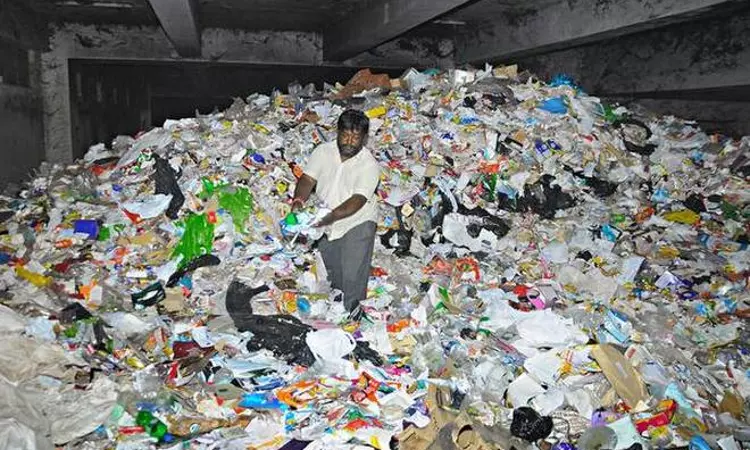ITAT Allows Section 80G Registration To Trust Recycling Post-Consumer Plastic Waste
Mariya Paliwala
5 Dec 2023 5:00 PM IST

Next Story
5 Dec 2023 5:00 PM IST
The Mumbai Bench of Income Tax Appellate Tribunal (ITAT) has allowed the registration under Section 80G of the Income Tax Act to the trust recycling post-consumer plastic waste.The bench of Sandeep Singh Karhail (Judicial Member) and Amarjit Singh (Accountant Member) has observed that the assessee earned income only from donations, the sale of scraps, and the sale of finished goods, and no...
